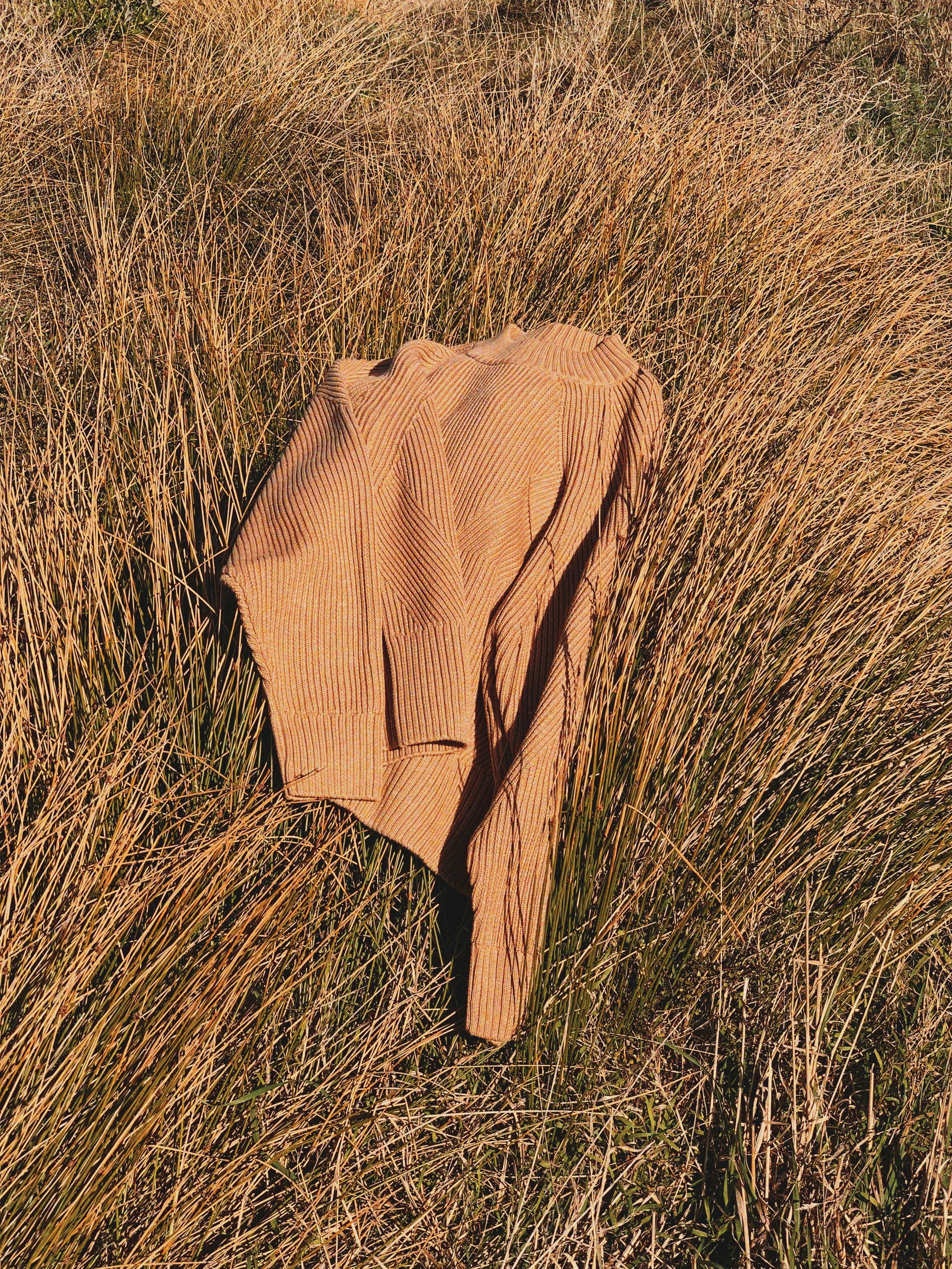
Kowtow, donated with dignity
by Charli Cox
·
Kowtow have long supported our mission, for which we are so grateful. Earlier this year, Kowtow generously hosted in-store collections at both store locations, their customers generously donating 80 beautiful and functional pieces supporting our vision for a circular fashion industry in Aotearoa. We recently spoke with Kowtow’s Communications Coordinator, Steph Moore who here, shares more insight into the brands intentional social, environmental ethos and practise.
We love being part of the circular economy and encouraging others to buy pre-loved. We’re also fortunate to receive pieces through you and your community, garments still with many wears remaining. How important is the longevity conversation to you?
The longevity conversation is a very important one to us at Kowtow. We are committed to the principles of circular design - reducing waste, making products that last, keeping them in use and regenerating the natural environment at every point in the process.
Our clothes are more than just pieces of fabric. They represent our values, identity and impact on the planet. When we choose to care for and maintain our clothes, we’re taking a stand against fast fashion and the throwaway culture it perpetuates. Extending the life of your garment through care and repair (we have a free repair programme) is the first step in ensuring it can last in your wardrobe for many years.
There’s a growing public awareness that our global reliance on plastics isn’t compatible with an ecologically sound future, and this year, you announced you had achieved 0% plastic in your garments. How difficult was this?
At Kowtow we’ve been working for 17 years to completely eliminate all plastic derived materials in our clothing. A long journey that has gone against industry conventions and led to finding natural alternatives for plastic components so that now, we can claim completely plastic-free Fairtrade organic cotton clothing.
The base material of Kowtow clothing has always been 100% certified Fairtrade organic cotton, but we have used plastic garment components. These sit behind the seams, in the thread that holds a garment together, and in places like elastic in waistbands, cuffs and collar stiffeners. The current industry standard for these is to use plastic materials, so we’ve found ourselves returning to pre-plastic methods, used before the 1950’s, sourcing natural alternatives to create clothes that can return to the earth without harm.
The decision to go plastic-free meant we got rid of a range of products that we felt like were compromising our ethics, even though they were sourced responsibly. Like our recycled nylon swimwear that was made from regenerated nylon fishing nets from the Mediterranean then made into a yarn and into fabric. It then had to be mixed with lycra and there isn't any technology to separate out these two fibres at the end of the product's life, so we had to say goodbye to that.
Loved clothes last, and you have since 2018 extended the life of 1200 garments through a repair programme. From minor repairs such as mending split seams or replacing buttons to offering a Japanese patching technique, Sashiko, what has been the most memorable repair?
We had a lovely customer who was riding their bike wearing the Reflect Dress which has a very full skirt. The skirt got caught in the chain and a large chunk had to be cut out to free it! We were able to sew in a piece of fabric for a virtually invisible repair, and they were able to keep enjoying their dress for years to come!
Pre-loved and resale is an important part of increasing wear and keeping clothes in circulation and out of landfill. Can you tell us more about your Take Back programme? What learnings have there been so far?
We are committed to taking responsibility for our garments at the end of their life, which is why we offer a take back programme. We have learnt that finding a truly circular solution for our garments is still an emerging area of development. There are challenges for a brand at our scale, and we are still looking for the best option that aligns with our values. We encourage our customers to continue to return their well-loved garments to us to support us in our research and development.
You are also committed to ensuring zero materials are being sent to landfill or incineration. We know that garments of use are destroyed still, or landfilled. How important are awareness months like Second Hand September in shifting attitudes towards a regenerative, circular economy?
Awareness campaigns such as Second Hand September serve as powerful tools in rallying collective action, educating and advancing the journey towards a sustainable fashion future. By raising awareness of the importance of a regenerative, circular economy, educating community outside the industry, and promoting sustainable consumption habits, such as rental, repair and resale, these campaigns play a crucial role in driving behavioural change. They foster community engagement and apply pressure on the industry to adopt circular practices.
To stay abreast of collection launches, sales and other updates, follow Kowtow on Instagram.